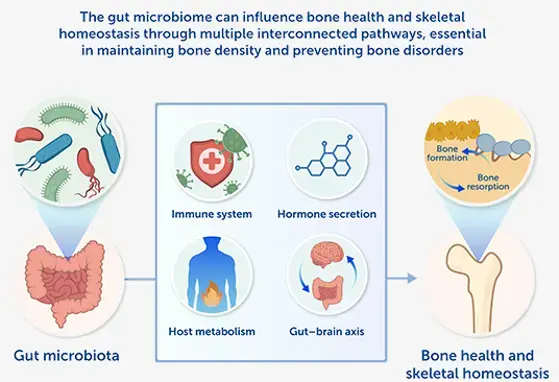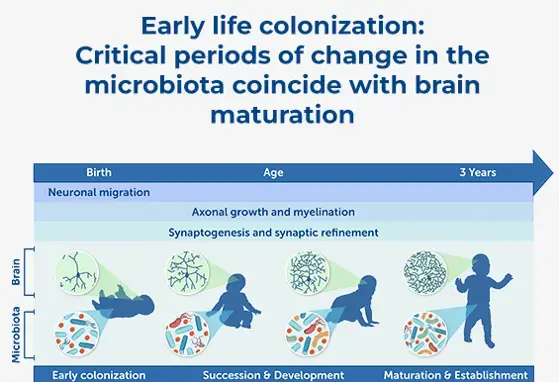Gut Microbiota
Microbiota is the good (and bad bacteria) in your gut. Every human being carries about 1-2kg of gut microbiota representing a number of cells far bigger than all our body cells together. Here we provide the latest science on the relation between nutrition, gut microbiome, immune system and human health.

Human Milk Oligosaccharides in the Milk of Mothers Delivering Term versus Preterm Infants
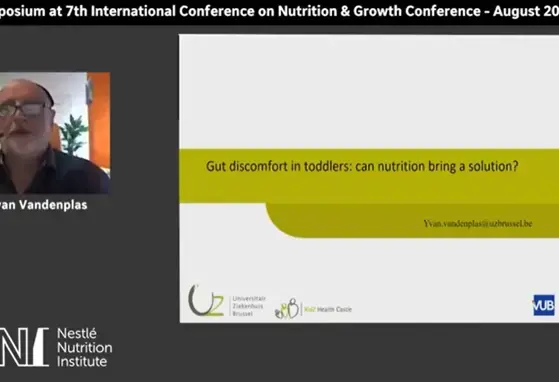
Gut discomfort in toddlers: can nutrition bring a solution?
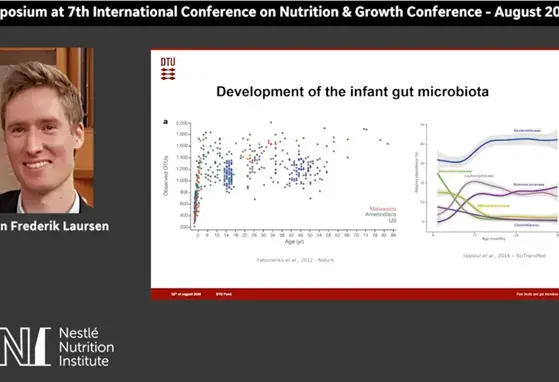
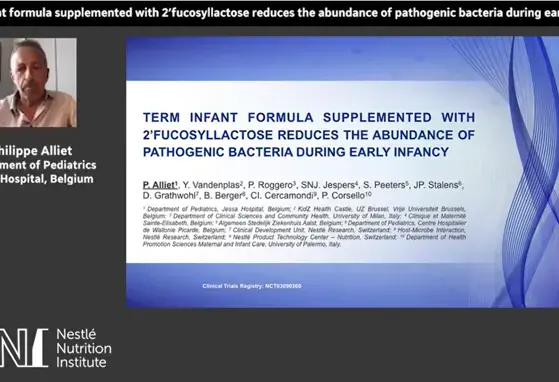
Term Infant Formula Supplemented with 2’Fucosyllactose Reduces the Abundance of Pathogenic Bacteria during Early Infancy.
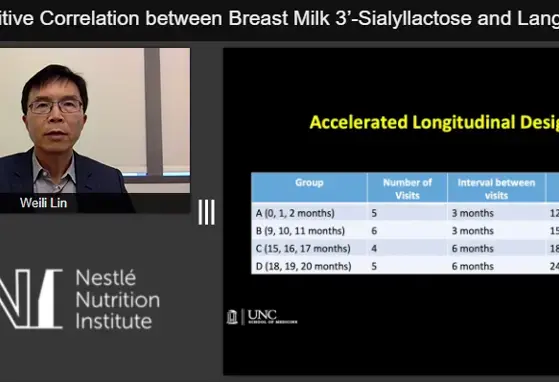
A Positive Correlation between Breast Milk 3’ Sialyllactose and Language Development during Early Infancy
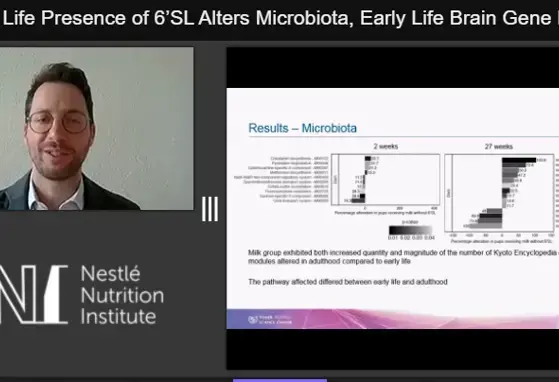
Early Life Presence of 6’SL Alters Microbiota, Early Life Brain Gene Expression and Long-Term Potentiation
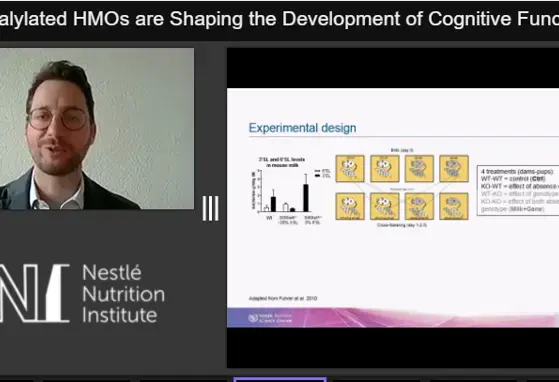
Sialylated HMOs are Shaping the Development of Cognitive Functions
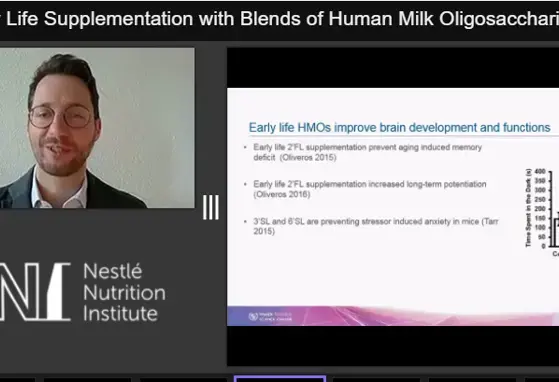
Early Life Supplementation with Blends of Human Milk Oligosaccharides (HMO) Improves Cognitive Functions in Models of Cognitive Flexibility and Memory

